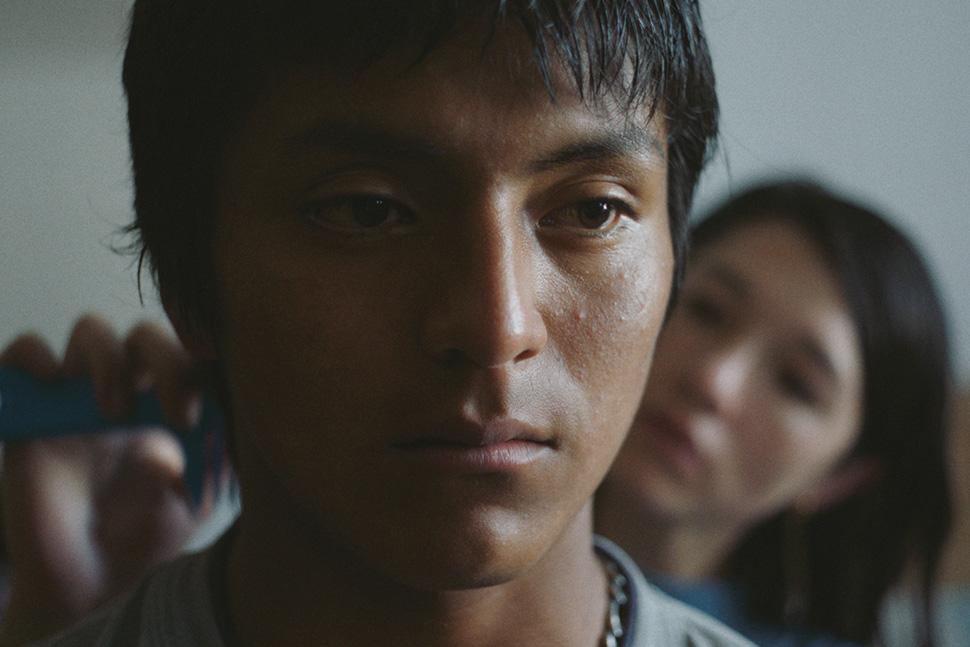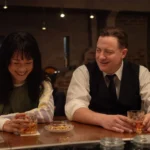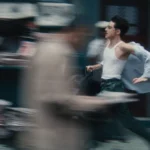Ana Cristina Barragán, whose debut Alba was Ecuador’s submission for the Academy Award for Best International Feature Film, directs this gentle drama about a thirty year old woman and seventeen year old boy who develop a strange bond after meeting in a playground. Told largely in longing looks, and in awkward conversations, heads down, nervous laughs, Hiedra is bizarrely passive as a feature, as shy as its central characters, never daring to go further or allowing itself to shine.
Simone Bucio starts as Azucena, a retail worker whose traumatic past has left her somehow suspended in time: still exhibiting the many qualities of a young child, she takes an interest in a group of teenagers at a foster home, and fixates on Julio (Francis Eddú Llumiquinga), one of the eldest who is soon to turn eighteen. When they start spending more time alone, a relationship forms between them, one that will potentially alter the course of both of their lives if taken too far. Perhaps the biggest issue Hiedra has is its reticence to say too much – while this is effective in the relationship developed by the characters, it means that basic information is amiss, or lost in the translation of quietness. It took me a while, for instance, to understand that Julio was living in a foster home amongst other things.
An obvious sense of unease permeates the early stages of the film – Azucena does not seem like a threat to the underage Julio, yet her attachment to him fires up some questions as her hypnotic eyes watch him longingly. Periodically, she returns to a locked room in her home, a little girl’s bedroom that has been left untouched, and picks up some of the objects, lies between the sheets – does Julio perhaps remind her of a daughter she has lost? Julio on the other hand is facing the realities of leaving the home, either spending time with his friends or gently feeding the babies in the nursery to distract himself – the tenderness of both of their characters is touching, and yet with each other a childish play fight unfolds itself, one that is deeply uncomfortable to watch. The idea of the lost childhood, the border line between developmental stages and adulthood is an interesting one, but it is never quite explored enough, so that the ending comes as somewhat of a shock, a dramatic reveal that does not share the rest of the film’s tone. Bucio and Llumiquinga provide beautiful performances – her in her ability to reside within this boundary, he in his quiet sensitivity – and there are some lovely snippets of childish reverie: a game of tag, a sequence in which Azucena cuts each of Julio’s friends’ hair, culminating in his. To see them in such an intimate moment at that stage of the film is a mixture of feelings, a slight recoil followed by a sigh of relief. Perhaps this is the message, and the feeling of Hiedra as a whole – that something slightly perverse can also be wonderful.





